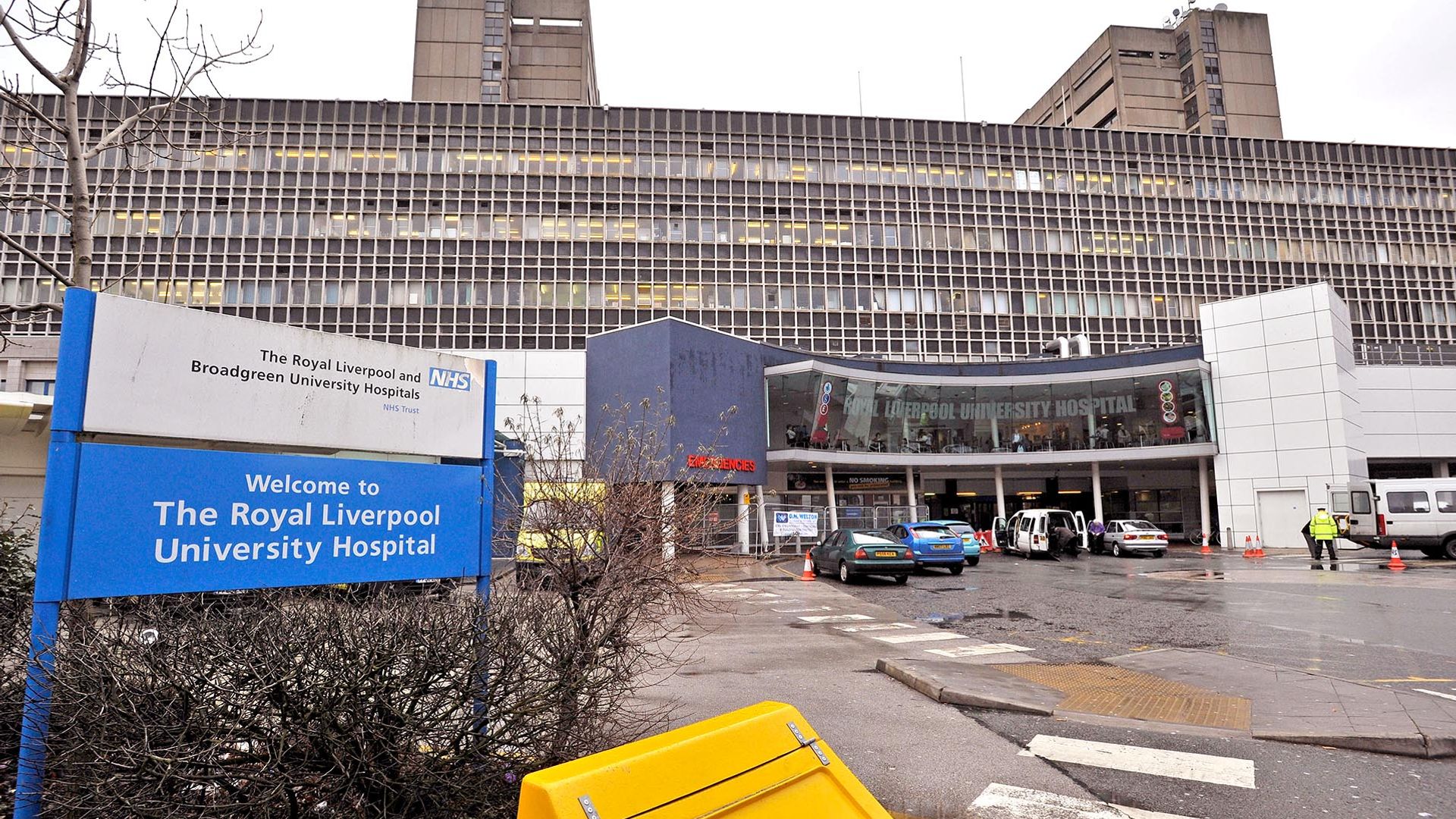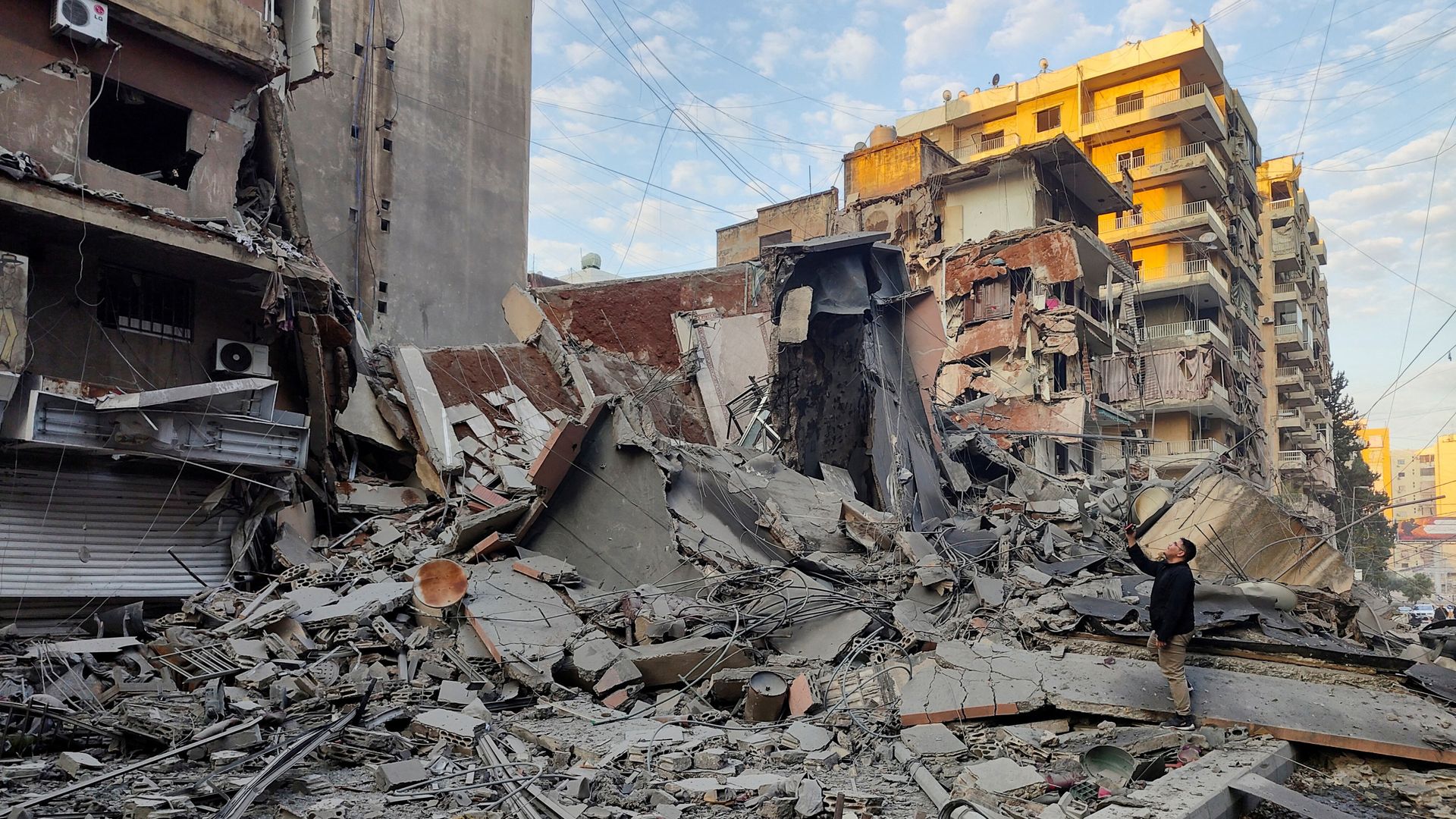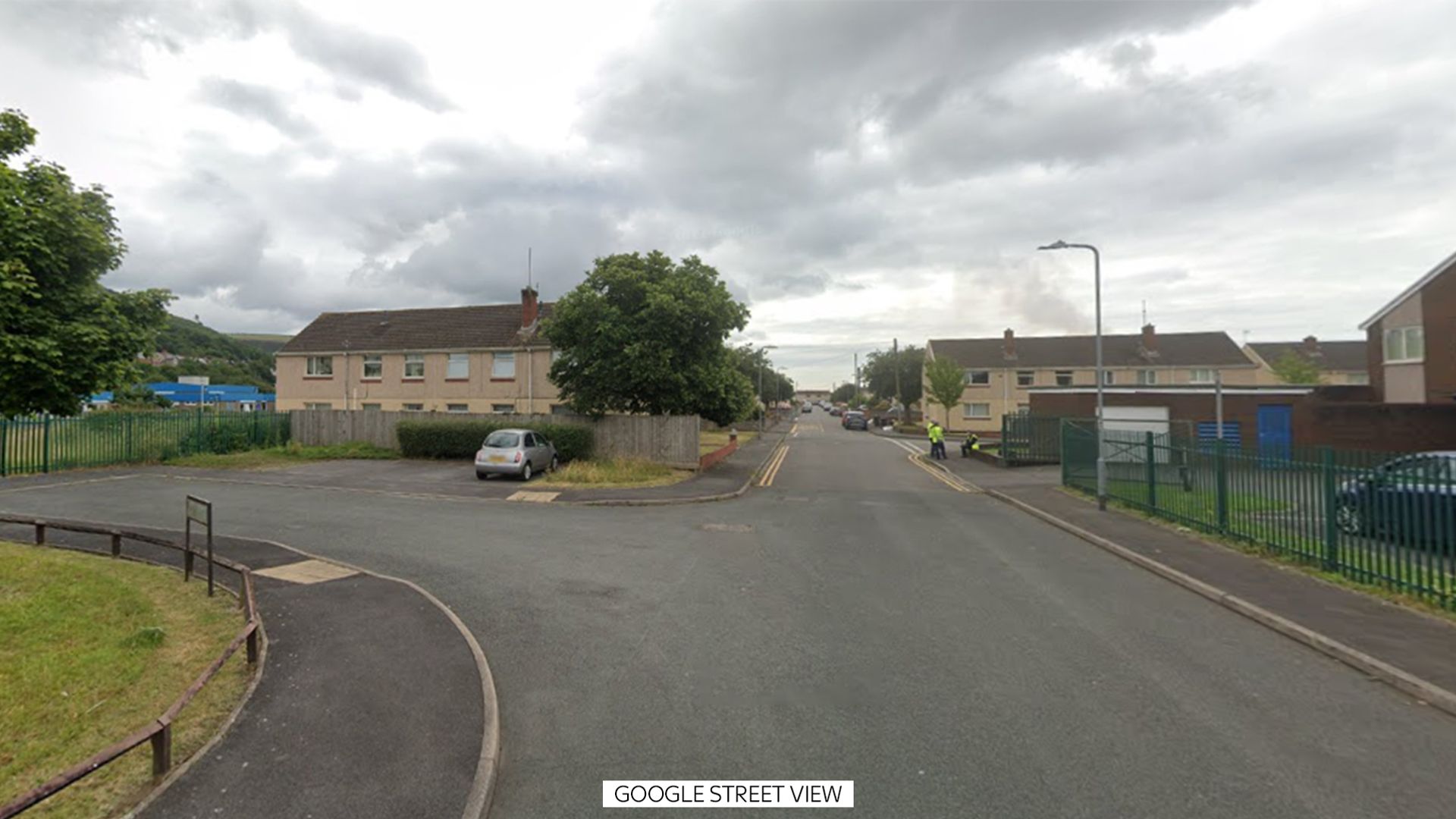The Royal Liverpool University Hospital has declared a critical incident due to an “exceptionally high” demand on A&E and patients being admitted to wards.
The hospital said staff were “working incredibly hard” after a spike in people with flu and respiratory illnesses going to emergency departments.
The number of people in England’s hospital with flu quadrupled in the last month, according to NHS data.
A spokesperson for the hospital said it had a “comprehensive plan in place” and was “taking all the necessary actions to manage the challenging circumstances”.
“We are working with partner organisations to ensure those that are medically fit can leave hospital safely and at the earliest opportunity,” they added.
The hospital warned some people would experience delays as it prioritises the sickest patients.
People whose case isn’t an emergency ae being asked to consider seeing their GP, pharmacy or walk-in centre – or call the 111 service for advice.
UK weather latest: Airports stop flights – as ‘danger to life’ flood warning in place
UK bills could rise – as Europe’s gas consumption falls by ‘unprecedented’ amount
Money blog: Amazon ‘pushing ahead with UK broadband service to rival Musk’s Starlink’
Declaring a critical incident can happen when a hospital is experiencing exceptional demand, or sometimes if there is a problem with staffing levels
It indicates it cannot function as normal and allows the hospital to take extra measures to protect patients, such as prioritising the most unwell people.
It could last hours, a few days, or weeks if necessary.
There have been warnings this winter of a so-called “quad-demic”- with flu, vomiting bug norovirus, COVID and RSV circulating at the same time.
The NHS provides vaccinations against three of the four illnesses; flu, COVID-19 and, as of September this year, RSV (a common cause of a type of chest infection in babies).
This breaking news story is being updated and more details will be published shortly.
Please refresh the page for the fullest version.
You can receive breaking news alerts on a smartphone or tablet via the Sky News app. You can also follow us on WhatsApp and subscribe to our YouTube channel to keep up with the latest news.






